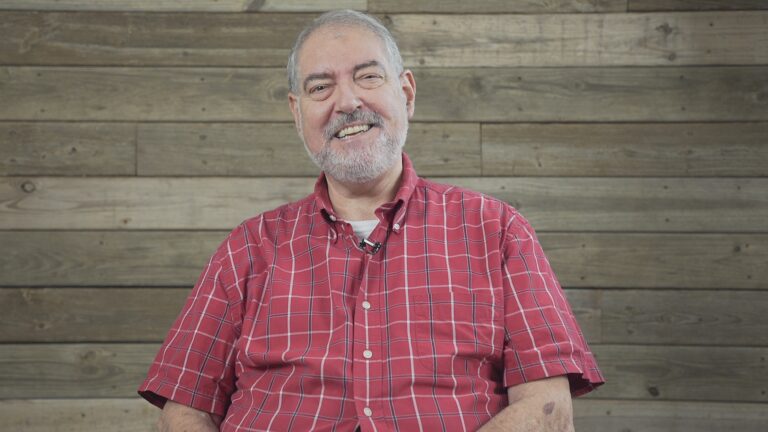
story



Remembering Steve DeVries
In this video, John Freeman remembers Steve DeVries, a Harvest USA ministry recipient, who is now with the Lord. You can also read the accompanying blog, “Healed in the Heart,” which includes a testimony written by Steve in 1989 as well as reflections from John that were written in 1992 after Steve’s death.
